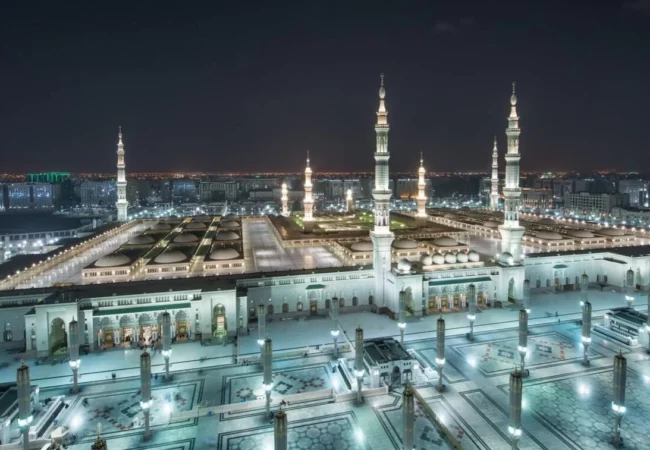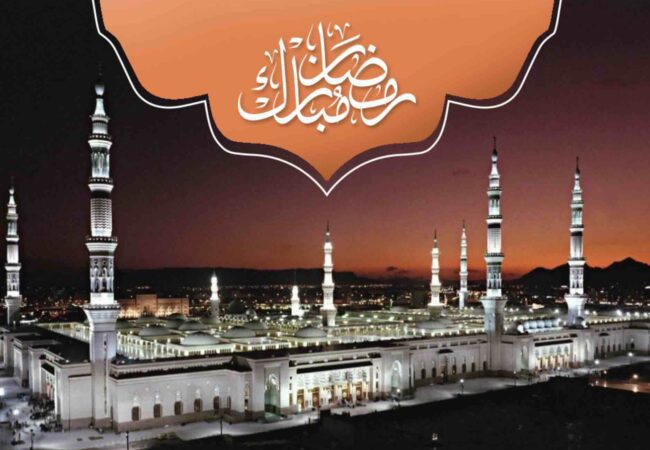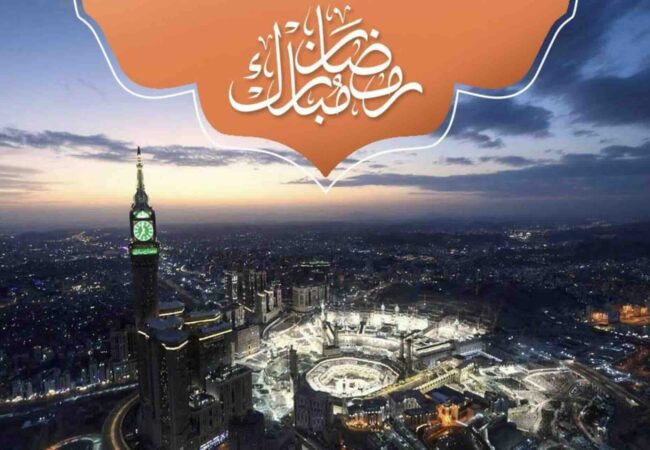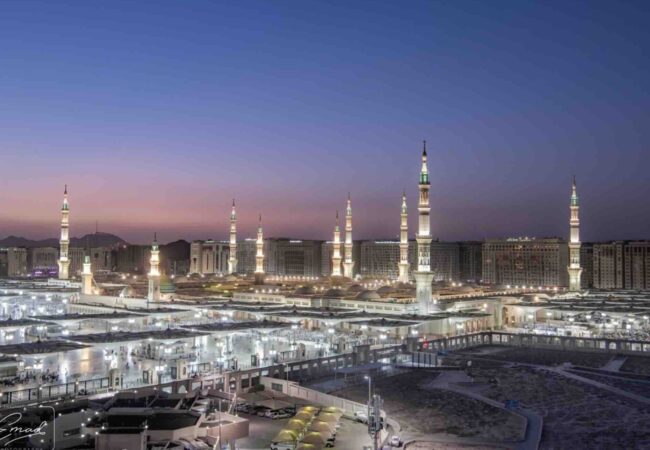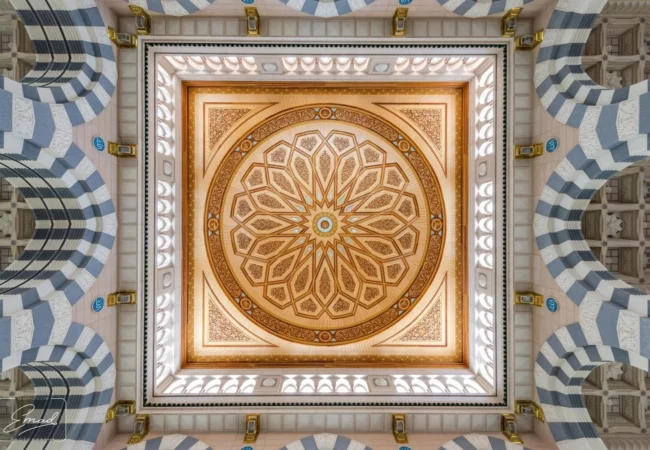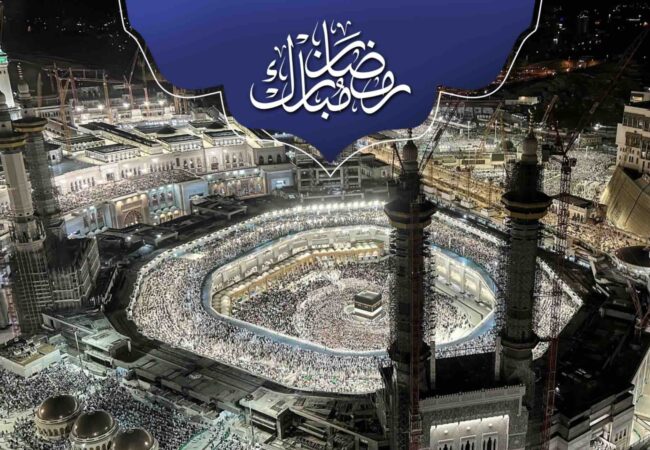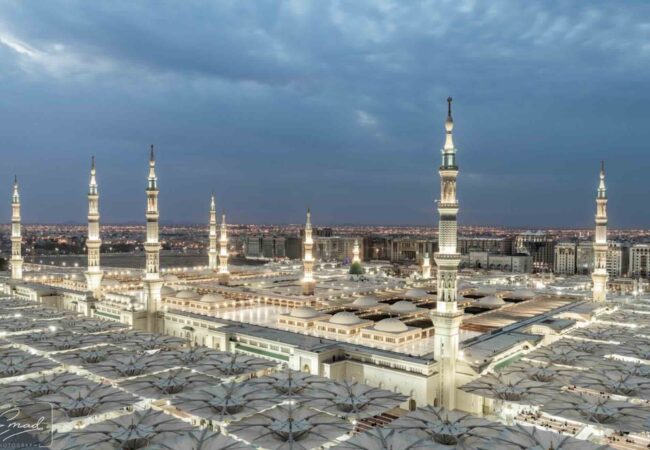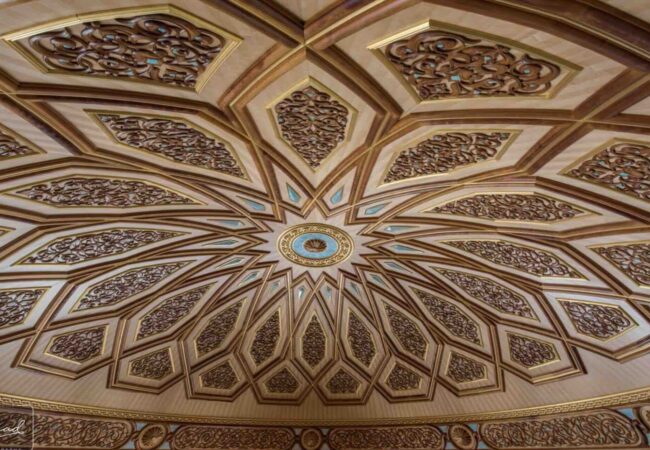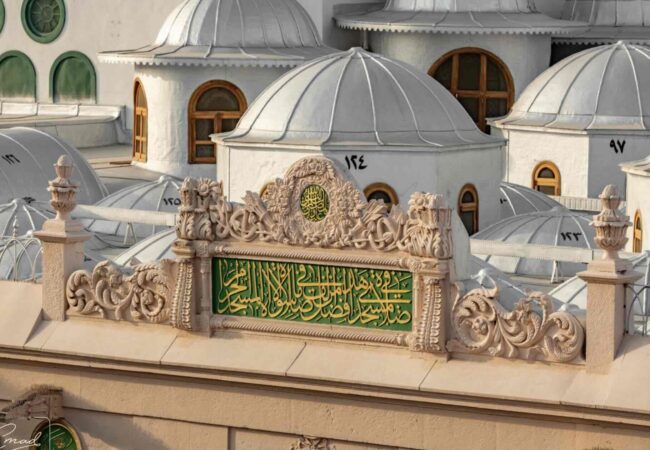Saudi Arab
- Home
- Saudi Arab
Welcome To Saudi Arab
Saudi Arabia, officially known as the Kingdom of Saudi Arabia (KSA), was founded in 1932 by King Abdulaziz Al Saud. The unification of the kingdom marked the culmination of his efforts to consolidate several regions of the Arabian Peninsula under one rule, including the Nejd and Hejaz regions.
Before the establishment of the modern state, the Arabian Peninsula was home to various tribal and nomadic groups. The region also holds great religious significance due to the cities of Mecca and Medina, the two holiest cities in Islam. During the 7th century, the Prophet Muhammad established Islam in the region, uniting the tribes under a religious and political system.
In the early 20th century, Abdulaziz Al Saud began his campaign to recapture his family’s ancestral lands. Through diplomacy and military success, he consolidated his rule over much of the peninsula. On September 23, 1932, the Kingdom of Saudi Arabia was officially proclaimed.
In 1938, the discovery of vast oil reserves transformed Saudi Arabia, making it one of the world’s largest oil producers. This wealth allowed the country to rapidly modernize, though its governance remained based on Islamic principles and conservative values. Saudi Arabia has since played a significant role in global energy markets and Islamic leadership, particularly due to its guardianship of the holy cities of Mecca and Medina.
Today, Saudi Arabia is ruled by the Al Saud family, and its governance follows a form of Islamic monarchy. The country has experienced significant economic and social reforms, especially in recent years, under the Vision 2030 initiative led by Crown Prince Mohammed bin Salman, aiming to diversify the economy and reduce its dependence on oil.
Saudi Arab
36 million
Riyadh.
Arabic
Saudi Riyal (SAR)

50% Off
For Your First Book
Recommended Package
Starting From:
$2,999TAXES INCL/PERS
Starting From:
$6,100TAXES INCL/PERS
Starting From:
$3,999TAXES INCL/PERS
Starting From:
$2,999TAXES INCL/PERS
Starting From:
$3,799TAXES INCL/PERS
Starting From:
$4,599TAXES INCL/PERS
Starting From:
$2,999TAXES INCL/PERS
Starting From:
$2,899TAXES INCL/PERS
Starting From:
$3,599TAXES INCL/PERS
